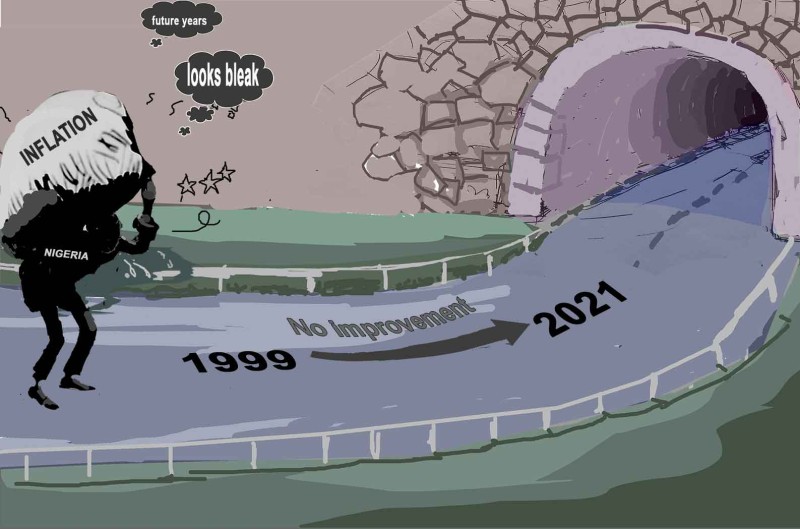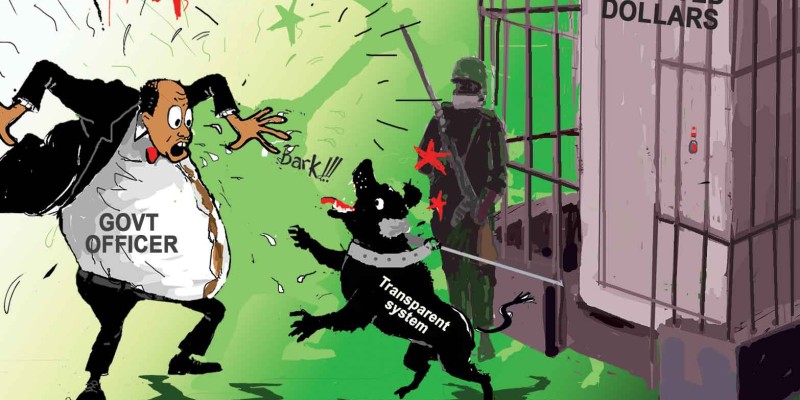MARKET LAW FOR JOB CREATION IN NIGERIA (2)
By: Peter Alexander Egom, first published in February 2012
INTRO:
Last week, this column republished ‘Market Law for Job Creation in Nigeria’. The article
addressed the issue of unemployment increase as one of the symptoms of a declining economy.
(See www.betternaijanow.com for this series and more articles by the Late Sir Henry Boyo)
Today’s republication continues the theme of unemployment increase in this 2-part series.
This article argues for a policy that advocates for Naira appreciation and emphasizes the connection between a depreciating Naira and rising unemployment. It discusses the various issues Nigeria faces such as industrial decline and natural resource mismanagement to mention a couple. Italso poses questions that would stimulate insight in creating solutions for some of Nigeria’s most crippling issues.
As you read through the below article taking note of previous events or rates, keep in mind its year of publication (2012), a clear indication that Nigeria’s economic situation is yet to improve even after all this time.
The first part of this article was published last week; the following is the concluding part of Peter Alexander Egom’s “Market Law for Job Creation in Nigeria”. Please read on.
But this much is now clear. It is the World Bank’s economic diktat of September 26, 1986 that is the sustaining engine of Nigeria’s economic impotence and social disarray. Accordingly, any honest attempt to get the Nigerian economy going at full throttle must revisit and do away with the World Bank’s market law of one price and in its stead, Nigeria should begin to work the naira-appreciating and interest-free market law of many prices or the purchasing power parity theorem.
For, this macro-economic pricing theorem does not shred the internal and external values of the non-convertible naira. Rather, it makes the naira a convertible currency as it strengthens and conserves the value of the naira at home and abroad. And it ensures, through fiscal, financial and industrial decentralization across the length and breadth of Nigeria that Nigerians, as a whole, join hands and effort to use the naira to produce social and material plenty for all Nigerians in their rural catchment areas. In other words, the purchasing power parity theorem is a national economic agenda of resource use and control and of fiscal federalism, financial de-concentration and industrial ruralization. This, is what includes every Nigerian, at his or her rural home of origin, in the nation-wide and balanced task of job creation and value adding.
But contrast this now with what Nigeria has experienced under the neo-colonial heels of the interest-based market law of one price from September 26, 1986 to this very day. A false, a very turbulent and a very transient economic world has been created for bureaucratic and fiscal plunder, for militocratic plunder, for democratic plunder and for financial plunder. It is in this make-believe economic environment of mind-less plunder that empty and useless financial assets grow and grow at the expense of job-creating and value-adding production assets.
And this is how, under the magic pall of rampant speculation and fictive capital accumulation, the very many in Nigeria are increasingly impoverished as the narrow set of looting militocrats, looting bureaucrats, looting democrats, tax-evading business moguls and round-tripping financial usurers break every rule of social decency with their ostentatious and socially provocative material lifestyles at home and abroad. And, this is clearly to say that what the market law of one price has done to the financial and industrial structures of Nigeria since September 26, 1986 is to make finance to appear to be more important than industry in Nigeria and, therefore, to make us Nigerians to ignore, to our peril, the basic economic fact that money that goes a-speculating and does not bother to produce goods and jobs a-plenty does ultimately rue it as crash money. And this is precisely what the Nigerian economy of capital and usury has been experiencing, since September 26 1986, on account of untenable divorce, which the market law of one price has all this while established, between the interest-based naira, on the one hand, and job/goods creation, on the other.
So, Nigeria is today on the verge of runaway social implosion because the neo-colonial economic agenda of fiscal unitarism and plunder in Abuja, of financial concentration and plunder in Lagos and of industrial concentration and tax evasion/waivers in Lagos, has come to the end of its gory and slave-dealing road. And Nigerians all must now control, for their common good, the use of Nigeria’s mind-boggling array of resource endowments for job creation and domestic value adding. And, it is the Freeman’s economic agenda of the interest-free market law of many prices or the purchasing power parity theorem that brings the justice and peace of job inclusion to Nigerians, as it makes public sector debt consolidation and liquidation plus loot retrieval and appropriation the necessary preconditions for the transition of Nigeria from her current economic agenda of mindless plunder to her new and common good economic agenda of fiscal federalism, financial de-concentration and industrial ruralization.
Whereas the market law of one price is the exogenous and imperial economic distribution formula which only allows and empowers foreigners from the convertible currency nations of the West, as represented by the World Bank, to dictate to us in Nigeria who and who may determine what is produced, how and for whom in Nigeria, the Freeman’s level-ground market law of many prices, or the purchasing power parity theorem, is the endogenous and patriotic economic distribution formula which only allows and empowers all Nigerians to equally participate in determining what is produced, how and for whom in Nigeria. And what differentiates the exogenous market law of one price from the endogenous market law of many prices is the interest phenomenon; for the interest-based naira of elitist sovereignty is to the exogenous and imperial market law of one price what the interest-free naira of popular sovereignty is to the endogenous and democratic market law of many prices.
Thus, when we put the interest-free market law of many prices at the centre of Nigeria’s practice of economic management, the dual economy and centre-periphery syndromes cease to feature in Nigeria’s internal and external economic relations. And as a result of this, Nigeria’s resources of men, money and materials will cease to make the Lemming rush from the rural areas to the urban areas of Nigeria and, in addition, Nigeria’s resources of men, money and materials will cease to make any Lemming dash from Nigeria to the convertible currency nations of the West.
It is, indeed, quite an amazing thing for one to realize that it is only the interest phenomenon that keeps Nigeria in her current state of joblessness and industrial collapse. So, what a purposeful and job creating economic management practice in Nigeria should be toiling away with right-away is to find credible and workable answers to the following questions which arise as we seek to eliminate the interest phenomenon from the market structure of Nigeria’s economic management practice and thereby marry finance tightly to industry in Nigeria for continuous job creation. How does Nigeria create and distribute the interest-free naira for an overflow of job creation in Nigeria; how does Nigeria manage interest-free naira savings to engender an overflow of job creation in Nigeria; where does interest-free naira prefer to locate Nigeria’s industrial activities in order to promote an overflow of job creation in Nigeria; and how does interest-free naira prevent job and capital export from Nigeria in Nigeria’s trade and payments relations with near and far sovereign neighbours?
Interest-free naira emerges in Nigeria only when there is no public sector borrowing requirement, PSBR, in Nigeria. So, as Nigeria’s economic managers begin to address the practical issue of transiting Nigeria from the economic management orbit of the market law of one price to the economic management orbit of the market law of many prices, they must take the very important first step of getting the Nigerian Debt Management Office, DMO, to consolidate and liquidate Nigeria’s public sector debt stock, both internal and external. What is entailed here is how to make the Nigerian economy debt free and interest-free. Hence, DMO will cease to borrow naira from Nigerians and foreigners for the funding of the Nigerian public sector debts and will remain in function until it has used the humongous pile of retrieved domestic and foreign loot to liquidate Nigeria’s domestic and external public sector debts.
Whereas the resource exporting market law of one price puts a yawning and an unbridgeable gap of job and capital export between finance and industry in Nigeria, the resource conserving market law of many prices eliminates this interest-based gap of resource drain and flight between finance and industry in Nigeria. This is why the latter is the quintessential market law for job creation in Nigeria.
SAVE THE NAIRA, SAVE NIGERIANS!









